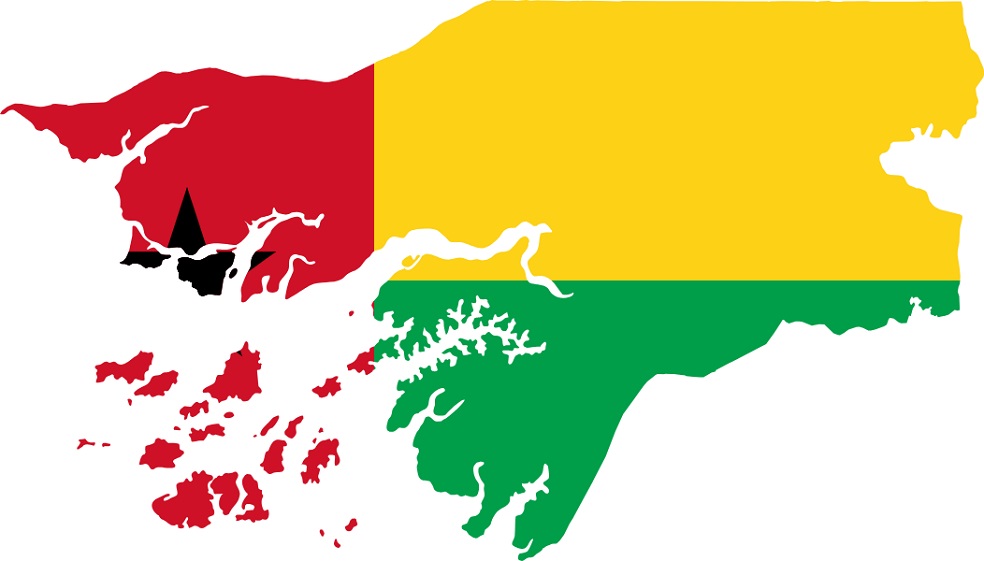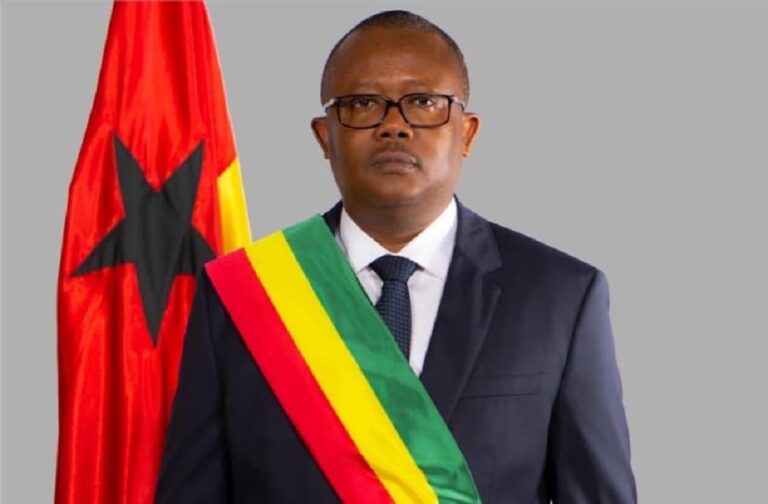Guinea-Bissau: Guinea-Bissau is heading to the polls on 4th June 2023 for legislative elections, as voters seek stability more than a year after President Mr. Umaro Sissoco Embalo dissolved parliament over corruption allegations. In the central district of Bairro Militar in the capital city of Bissau, voters lined up early to cast their ballots under the shade of trees. With 22 parties vying for 102 seats and approximately 884,000 registered voters, results are expected within 48 hours.
The three dominant parties competing for seats in the national assembly include Embalo’s Madem G15 party, the African Party for the Independence of Guinea and Cape Verde (PAIGC), and the Party for Social Renewal (PRS). However, political deadlock and infighting have been common due to the president’s power to dismiss the government under certain circumstances while the majority party or coalition appoints it.
Mr. Embalo dissolved the national assembly in May last year due to persistent differences and what he described as a parliament rife with “guerrilla politics and conspiracy.” He accused lawmakers of protecting corrupt MPs and resisting audits. The president, a former army general, has long sought to change the constitution, which has contributed to the country’s instability. Critics argue that he aims to consolidate power following the disputed 2019 presidential election.

Guinea-Bissau, a former Portuguese colony with a population of approximately two million, has a history of instability, experiencing four military coups since 1974. The country’s vulnerability to political unrest was further highlighted by a failed coup attempt in February last year, linked by Mr. Embalo to the thriving drug trade passing through the country’s Atlantic islands and mangrove mazes.
Given the fragmented political landscape, analysts and politicians doubt that any party will secure an absolute majority. Prime Minister Mr. Nuno Gomes Nabiam, leader of the Assembly of the People United–Democratic Party of Guinea-Bissau, stated that no party is prepared to govern the country alone. As voters participate in the elections, the hope is to achieve a sense of stability and pave the way for progress in Guinea-Bissau.



